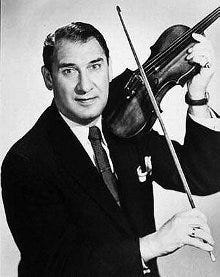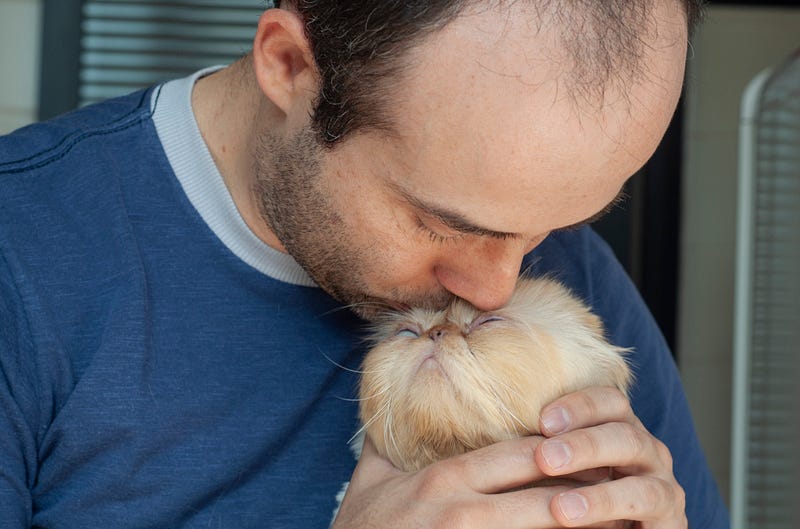Why do we laugh?
All comedy is some form of surprise, usually — I expected you to say this one thing, but you said a totally other thing — what a jape!
If you haven’t already, please this article first
This can be a philosophical question, like what is yellow or why are cats? It’s difficult to describe fully. Supposedly its purpose is to help us get through traumatic events. I don’t mean to sound disrespectful, but when my father got cancer we had a right old laugh! We loved him so much, but it was just our way of dealing with the pain.
Dad: *coughs while eating a losenge*
Mum: (outraged) Oh I suppose you’re going to choke now on top of it!?
All: *laughs*
For billions of years comedians have been asking themselves, how can one replicate that feeling of being in the moment, that hysterical laughter that comes out of the insanity of being alive. It’s not terribly easy to synthesize that doubled over, tears in your eyes hysteria that one gets with a group of friends goofing around. Any comedian of quality should be constantly asking themselves, how can I bottle that? Stand-up comedy is great, but have you seen Uncle Phil spill tea on his crotch!?
What’s great about these in the moment laughs, is they come out of nowhere. You’re utterly surprised by them so they create a truly authentic reaction. These funny instances are really hard to transfer to the stage, because the authenticity and naivety of the moment is lost.
I often see it in classes where someone will say something amazingly funny in the moment that gets a huge reaction. Then when they say it next time as part of their set we’re all BOOOO! Because now it sounds contrived. Isn’t comedy cruel?
This is where improv comedy has an advantage, it’s always happening in the present moment. Personally I’m a huge fan of long-form improvised comedy because when it’s done well, it’s the funniest thing in the world. But when it’s done badly, it’s worse than my dads cancer.
What is the comedy formula?
The improviser Philip Markle describes the comedy formula as:
Believability + Surprise = Laughter
All comedy is some form of surprise, usually - I expected you to say this one thing, but you said a totally other thing - what a jape! Take one of the oldest in the book:
Take my wife... please!
Henry Youngman
The brain expects a normal wifely anecdote to ensue - But, bam! Misdirect! He says please instead. It’s surprising and believable because all wives are cantankerous shrews responsible for 100% of marriage problems. Rim-shots all round!
It’s interesting to note that in my vast research for this article (Henry Youngman’s Wiki page), this line came out of an everyday moment when asking stagehand to escort his wife to a seat. Ain’t improv great?
What about if a 17 year old girl wants to play a joke on her slightly conservative parents?
Mum, Dad… I’m pregnant
They’d probably lose their minds! No rim-shot just a sad trombone if you’re lucky. So what’s wrong here? It’s certainly surprising, and it’s definitely believable, but why is mum crying and dad punching a wall? Because it’s created too much interfering thought. “Her life is ruined” they think, will she have an abortion? I’m gonna kill him! What will the neighbours say? In comedy we always need to know you are joking, you have to nail the delivery of a bombshell like this. Sorry girl, you fluffed the delivery now moms back on the sleeping pills.
However, if Granny says the same thing, with a twinkle in her eye:
Jane, Dennis… I’m pregnant!
We'd laugh her all the way to the nursing home! Because there’s no way she could be pregnant, the old dried up codger! So she either landed a quality zinger, or she’s 2 months away from thinking you’re her husband’s ghost. To me the comedy equation is more accurately:
(Believability + Surprise) - Interference = Laughter
Something Logan Murray taught me was “If I’m thinking I’m not laughing”.
This “interference” can come in many forms. It can be as simple as poor wording. EG if Youngman’s joke was:
Take my bitch of a wife, please!
Firstly, the surprise that he would want his wife taken is lessened by the early reveal that she is of a bitchly nature (what women aren’t, am I right lads !?). Secondly, this wording has caused interference, at least to a lefty feminist like me by. Calling some random woman I don’t know a bitch - now I’m mad at him before we even got to the punchline. However the relatability is still intact, as mentioned before, all wives are terrible.
So with my notes, perhaps it would be re-written:
Take my awesome wife, please!
OK this is a surprise. Why would you want this lovely wife, with manga proportions, who cooks you Mitchilin starred meals every night, but not before an efficient BJ with some - but not too much eye-contact - be taken!?. It’s certainly surprising, but it’s now not relatable, and once more we have the interfering thought of “Why would you want some malevolent spirit to take this awesome wife away? Did the BJ eye-contact linger? SPORADIC GLANCES HELEN!”
Sadly Henry’s wife was taken in 1987, and apparently they had a very loving marriage. What a liar!
What about people that “Are just funny” - ohh I only have to look at Mr. Bean and I laugh until I do a long poo!
Jokes don’t have to come in word form, they can be slapstick - what’s funnier than someone falling on their arse!? Even better if they really hurt themselves - ha ha ha you donkey! People with great physicality can be extremely relatable without using any words, this means we concur up the jokes in our own heads and for comedy this can be very powerful, it adds to the surprise element. The surprise hits that much harder when we feel like we figured it out ourselves. As Mr. Shakespear said:
Brevity is the soul of wit
I mean he wasn’t my favourite comedian, but he is credited with the first “Your mum” joke:
Thou hast undone our mother.
Villain, I have done thy mother.
As you get more in touch with your authentic voice, you’ll notice some jokes benefit from brevity, and some benefit from too much information, it’s just something you get a feel for as you keep going.
Interfering thoughts that can ruin the wording of a joke, can also be themselves turned in to jokes if you’re in control of them. Try this exercise to see how.












